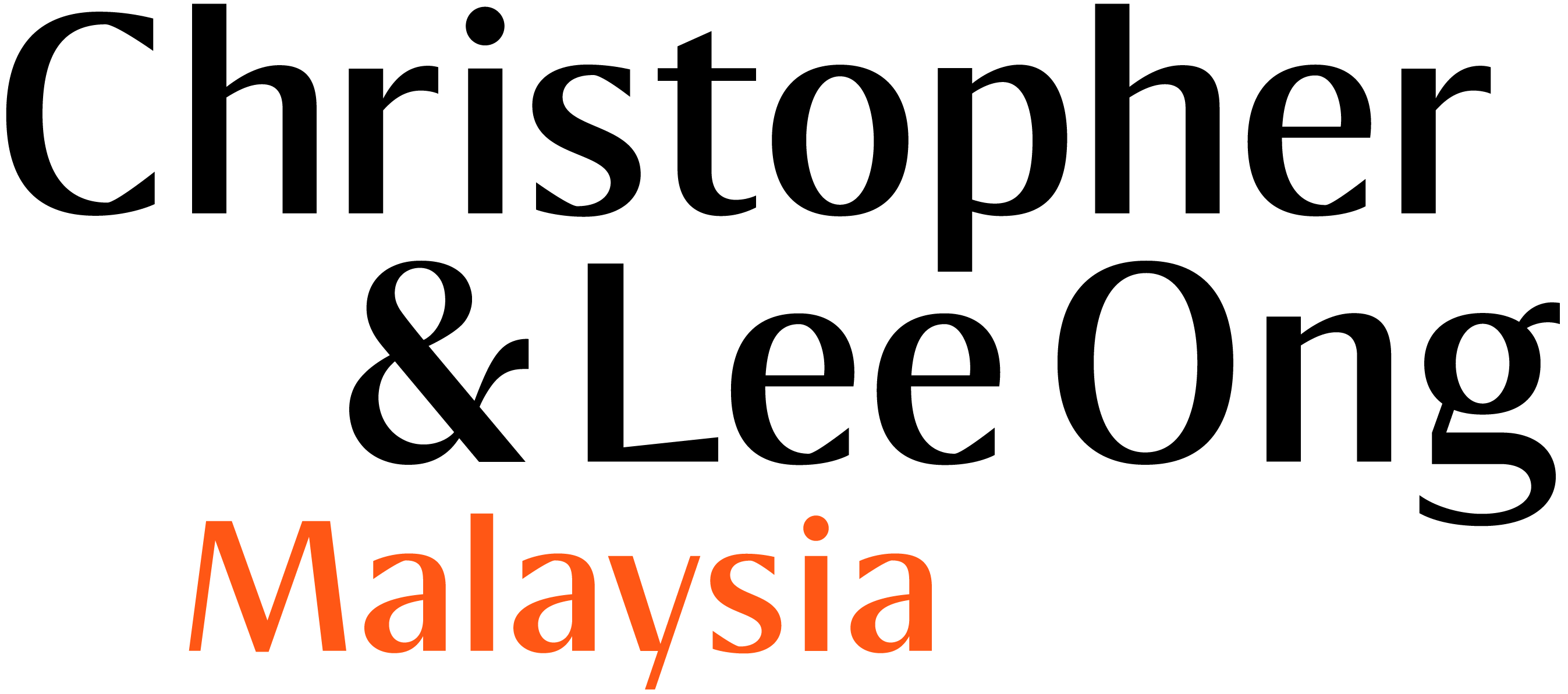Introduction
The construction industry is a complex web of contracts, schedules, and payments, all of which require careful management to keep projects on track, and there is always a risk that disputes can quickly spiral out of control.
The Construction Industry Payment and Adjudication Act 2012 (“CIPAA“) came into effect about a decade ago and offers a fast-track process for resolving payment disputes.
The recent Court of Appeal case of JDI Builtech (M) Sdn Bhd v Danga JED Development Sdn Bhd [2024] 4 MLJ 29 (“JDI Builtech“) has clarified the application of section 30 of the CIPAA and specified that there must be money due and owing from the principal to its main contractor before any order for direct payment to the subcontractor may be made under this provision.
CIPAA’s Promise: Cash Flow Solutions
The CIPAA was designed to assist the movement of construction projects by ensuring contractors and subcontractors receive timely payments for their work. Section 30 of the CIPAA, a central provision, allows a subcontractor with a favourable adjudication decision to bypass the main contractor to request payment directly from the principal.
The rationale is that whatever work is completed by the subcontractor for the main contractor will benefit the principal, and therefore, there should be a sum owing from the principal to the main contractor for such work.
The entire provision of section 30 of CIPAA is set out below:
30 Direct Payment from principal
(1) If a party against whom an adjudication decision was made fails to make payment of the adjudicated amount, the party who obtained the adjudication decision in his favour may make a written request for payment of the adjudicated amount direct from the principal of the party against whom the adjudication decision is made.
(2) Upon receipt of the written request under subsection (1), the principal shall serve a notice in writing on the party against whom the adjudication decision was made to show proof of payment and to state that direct payment would be made after the expiry of ten working days of the service of the notice.
(3) In the absence of proof of payment requested under subsection (2), the principal shall pay the adjudicated amount to the party who obtained the adjudication decision in his favour.
(4) The principal may recover the amount paid under subsection (3) as a debt or set off the same from any money due or payable by the principal to the party against whom the adjudication decision was made.
(5) This section shall only be invoked if money is due or payable by the principal to the party against whom the adjudication decision was made at the time of the receipt of the request under subsection (1).
JDI Builtech: Facts and Decision of the Court of Appeal
Summary of Facts
The subcontractor in JDI Builtech successfully obtained an adjudication decision against its main contractor, but the main contractor failed to pay the adjudicated amount. Subsequently, the subcontractor applied for direct payment from the principal under section 30 of the CIPAA.
The subcontractor argued that there was a sum owing from the principal to the main contractor on the basis that section 30 of the CIPAA created an independent obligation that the principal pays the subcontractor directly with no liberty to apply any set-off against its main contractor.
The principal denied that there was any debt owing or payable to the main contractor, and further highlighted that there was about RM41.4 million due and payable from the main contractor to it as a liquidated and ascertained damages (LAD) claim until termination of the contract.
The principal also argued that the subcontractor could not stand in a better position than the main contractor where payment from the principal to the main contractor was concerned, and that the fundamental pre-condition of section 30(5) of the CIPAA was that there must be money due or payable by the principal to the party against whom the adjudication decision was made, at the time of the receipt of the request for payment.
The Court of Appeal Decision: The Overarching Provision of Section 30(5) of CIPAA
After extensive consideration of section 30 of the CIPAA, a key decision of the Court of Appeal was that unless the subcontractor could prove there was money due or payable by the principal to the party against whom the adjudicated decision was awarded – the main contractor in this case, the other subsections of section 30 of the CIPAA could not be activated, i.e. that section 30(5) of the CIPAA was an overarching prerequisite for the comprehensive activation of section 30 of CIPAA.
In arriving to this conclusion, the Court of Appeal cited with approval, amongst others, the judgment of Wong Kian Kheong J (now JCA) in Cabnet Systems (M) Sdn Bhd v Dekad Kaliber Sdn Bhd & Anor [2020] MLJU 311 specifying four preconditions for direct payment to be made by the principal to the subcontractor:
- Condition 1: the main contractor must have failed to pay the adjudicated amount to the subcontractor (sections 30(1) and (3), CIPAA);
- Condition 2: the subcontractor made a written request that the principal pay the adjudicated amount directly to the subcontractor (section 30(1), CIPAA);
- Condition 3: there was money owing from the principal to the main contractor (section 30(5), CIPAA); and
- Condition 4: the principal did not comply with the subcontractor’s notice and did not pay the adjudicated amount directly to the subcontractor.
The learned judge, in this case, perceptively put the third condition (the helming provision in section 30(5), CIPAA) before the fourth condition in section 30(3) of the CIPAA.
The Court of Appeal in JDI Builtech confirmed that the flow and the fulfilment of the conditions were consistent with the foundational principle that there must be money due and owing from the principal to its main contractor before any direct payment may be made under section 30 of CIPAA.
The Court of Appeal further fortified the overarching application of section 30(5), CIPAA by holding that the section 30(2) notice under the CIPAA would not be necessary where there is no money due or payable:
“[50] In the event that there is no money due or payable as referred to in s 30(5), then obviously it would not be necessary for the principal to give notice to its main contractor to show proof of payment having being made to its subcontractor and if no proof is forthcoming then it would be making direct payment to the subcontractor.“
A Word of Caution for Subcontractors and Principals
The decision is a stark reminder to subcontractors that while the CIPAA provides powerful processes to expedite payments, proving there is money due or owing by the principal to the main contractor is paramount.
To the principal, there may be two situations where it can be argued that there is no money due or owing to the main contractors: the first could be where payment had already been made to the main contractors; and the second could be where there is a bona fide dispute between the principal and the main contractor.
Should you require any assistance or clarification, or on any matter relating to construction dispute, please feel free to contact us at your convenience.
Please click here for the Simplified Chinese version of the Update.
Disclaimer
Rajah & Tann Asia is a network of member firms with local legal practices in Cambodia, Indonesia, Lao PDR, Malaysia, Myanmar, the Philippines, Singapore, Thailand and Vietnam. Our Asian network also includes our regional office in China as well as regional desks focused on Brunei, Japan and South Asia. Member firms are independently constituted and regulated in accordance with relevant local requirements.
The contents of this publication are owned by Rajah & Tann Asia together with each of its member firms and are subject to all relevant protection (including but not limited to copyright protection) under the laws of each of the countries where the member firm operates and, through international treaties, other countries. No part of this publication may be reproduced, licensed, sold, published, transmitted, modified, adapted, publicly displayed, broadcast (including storage in any medium by electronic means whether or not transiently for any purpose save as permitted herein) without the prior written permission of Rajah & Tann Asia or its respective member firms.
Please note also that whilst the information in this publication is correct to the best of our knowledge and belief at the time of writing, it is only intended to provide a general guide to the subject matter and should not be treated as legal advice or a substitute for specific professional advice for any particular course of action as such information may not suit your specific business and operational requirements. You should seek legal advice for your specific situation. In addition, the information in this publication does not create any relationship, whether legally binding or otherwise. Rajah & Tann Asia and its member firms do not accept, and fully disclaim, responsibility for any loss or damage which may result from accessing or relying on the information in this publication.












